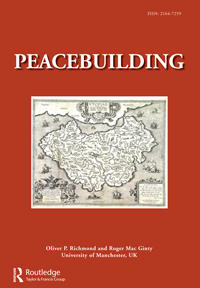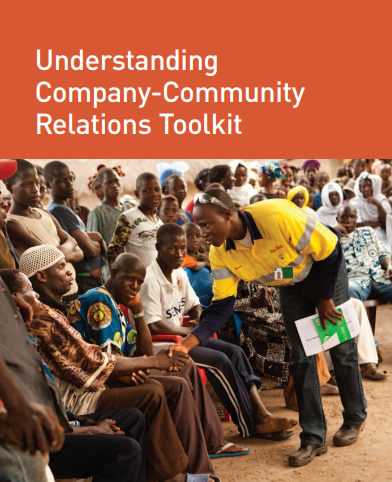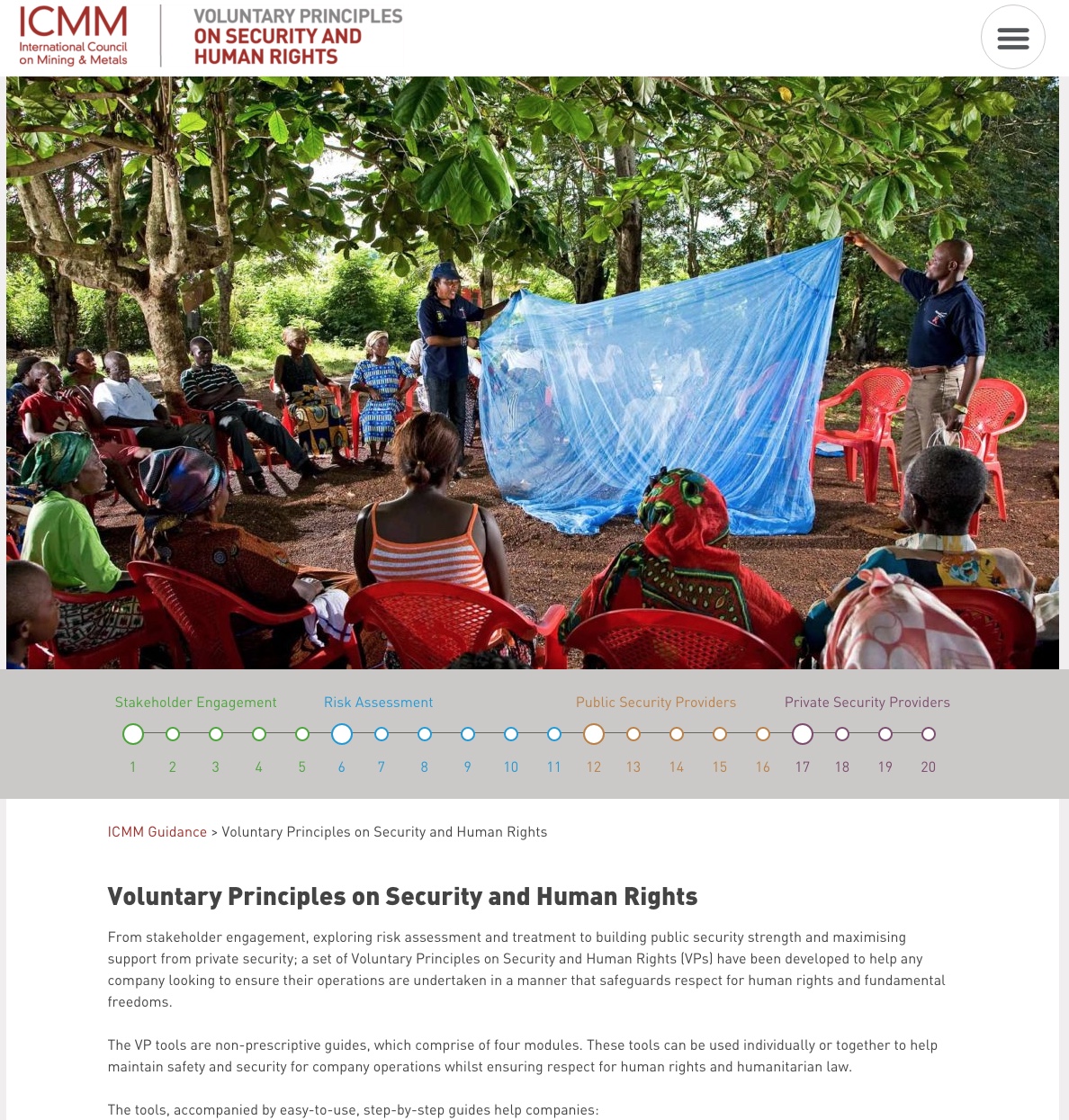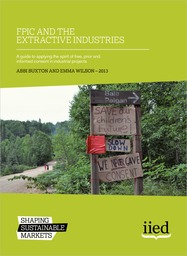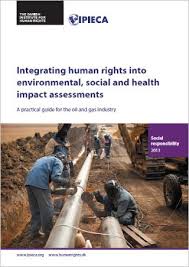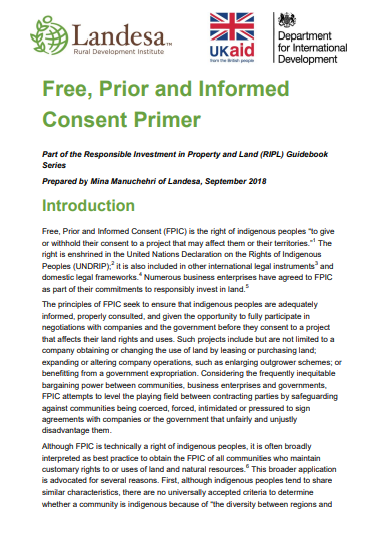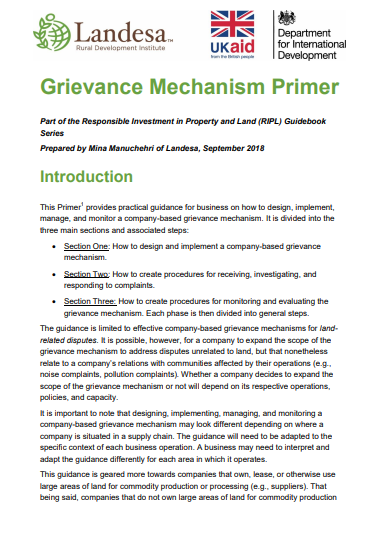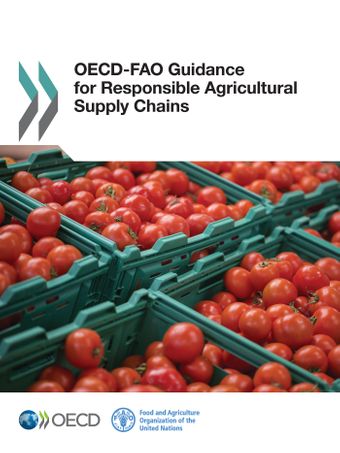Business for peace? The ambiguous role of ‘ethical’ mining companies
Multinational companies are increasingly promoted as peacebuilders. Major arguments in support of such a position emphasise both interest-based and norm/socialisation-based factors. This article uses research on large mining MNCs in eastern DRC – those that, arguably, should be most likely to build peace according to the above positions – to engage critically with the business for peace agenda. First it demonstrates the limited peacemaking, as well as active peacebuilding, activities in broader society that companies undertake.

